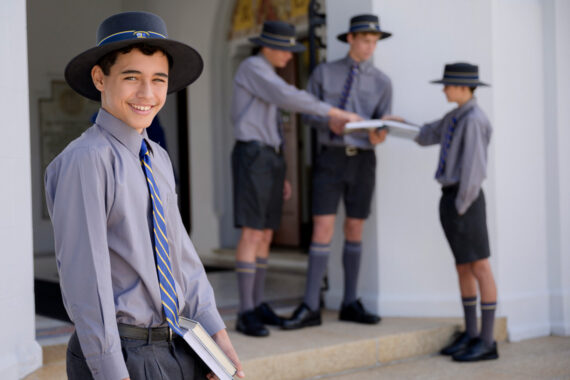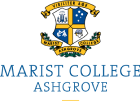At Marist College Ashgrove we understand the value of education in enabling our students to become knowledgeable, creative, thoughtful and morally responsible young men who engage actively as citizens of the world.

The Senior School takes a holistic approach to teaching the curriculum, with academic and classroom courses supported by co-curricular activities that extend the understanding and application of theoretical learning in a variety of areas such as sport, outdoor education, the arts and community service.
We recognise that students learn in different ways. As such, courses of study allow for a degree of individualisation, flexibility and choice. We emphasise teaching for understanding and not only for knowledge. Staff are experienced in recognising different learning styles and, through an extensive professional development program, well equipped to offer a variety of activities designed to engage students.






